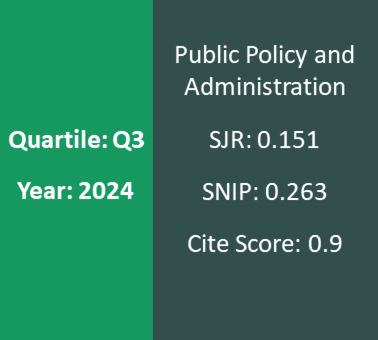ASSESSING SOCIAL JUSTICE IN EDUCATION IN DIFFERENT WELFARE STATE REGIMES: THE SWEDISH, SCOTTISH AND GERMAN CASES
Keywords:
social justice in education, welfare state, indicators, Sweden, Scotland, Germany.Abstract
The article aims to find out if there are any differences or similarities in how the
education system and monitoring indicators of social justice in education are
organized in different welfare state regimes. Countries representing three welfare
state regimes delineated by Easping-Andersen are chosen for deeper analyses:
Sweden as exemplified by a social-democratic regime, Germany—the best example
of a conservative-corporatist regime, and Scotland (one of the constituent countries
of the United Kingdom)—a liberal regime. An overview of the Swedish, Scottish and
German experiences have revealed common features, but also major differences in
how the education system is organized, and what kind of social justice indicators are
prioritised and collected. At present, EU countries are faced with similar challenges
in the education system as a response to the increasing impacts of globalization and
Europeanization. Emphasis in the EU is put on life-long learning due to the increase
in information and communication technologies in human lives. Yet the aging of the
European population has also forced the consideration of adult education as an
effective tool to help the elderly remain longer in the labour market.





